Confronting our twisted relationship with food
A young photographer turns the stories of women with eating disorders into searingly thought-provoking images

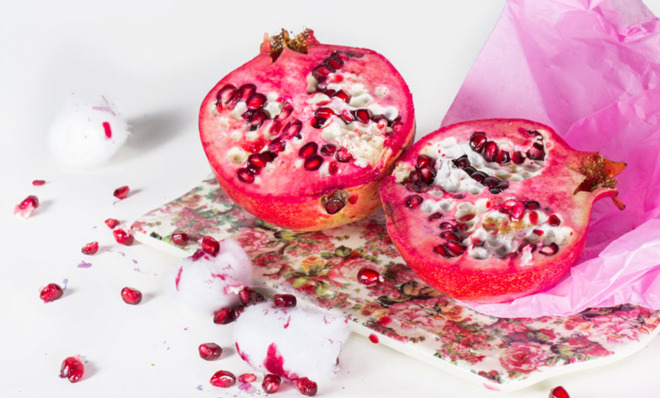
A free daily email with the biggest news stories of the day – and the best features from TheWeek.com
You are now subscribed
Your newsletter sign-up was successful
Several years ago, Tatiana Gulenkina had her first brush with an eating disorder, when a classmate abruptly left school. Everyone had thought the girl was "just a skinny teenager." It was only after she left that they discovered she had been battling depression and anorexia nervosa. Soon after, a close friend of Gulenkina's admitted she too was struggling with eating — austerely dieting all week and then going on weekend food benders. Those experiences left a lasting impression.
Today, the Washington, D.C., photographer, now 26, is confronting these issues the best way she knows how — with a camera. The resulting project, Picture Perfect, highlights women's twisted relationship with food.
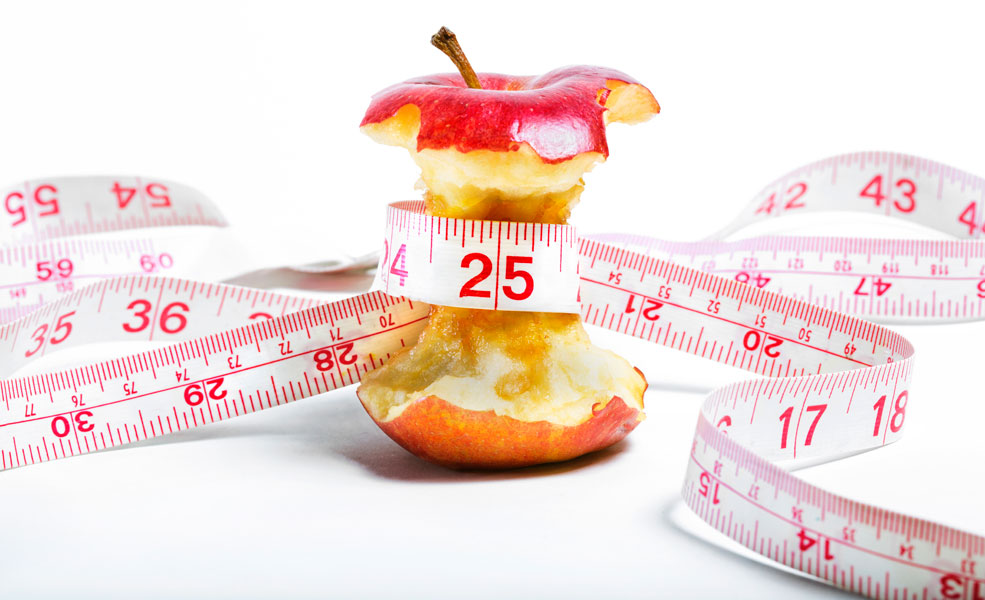
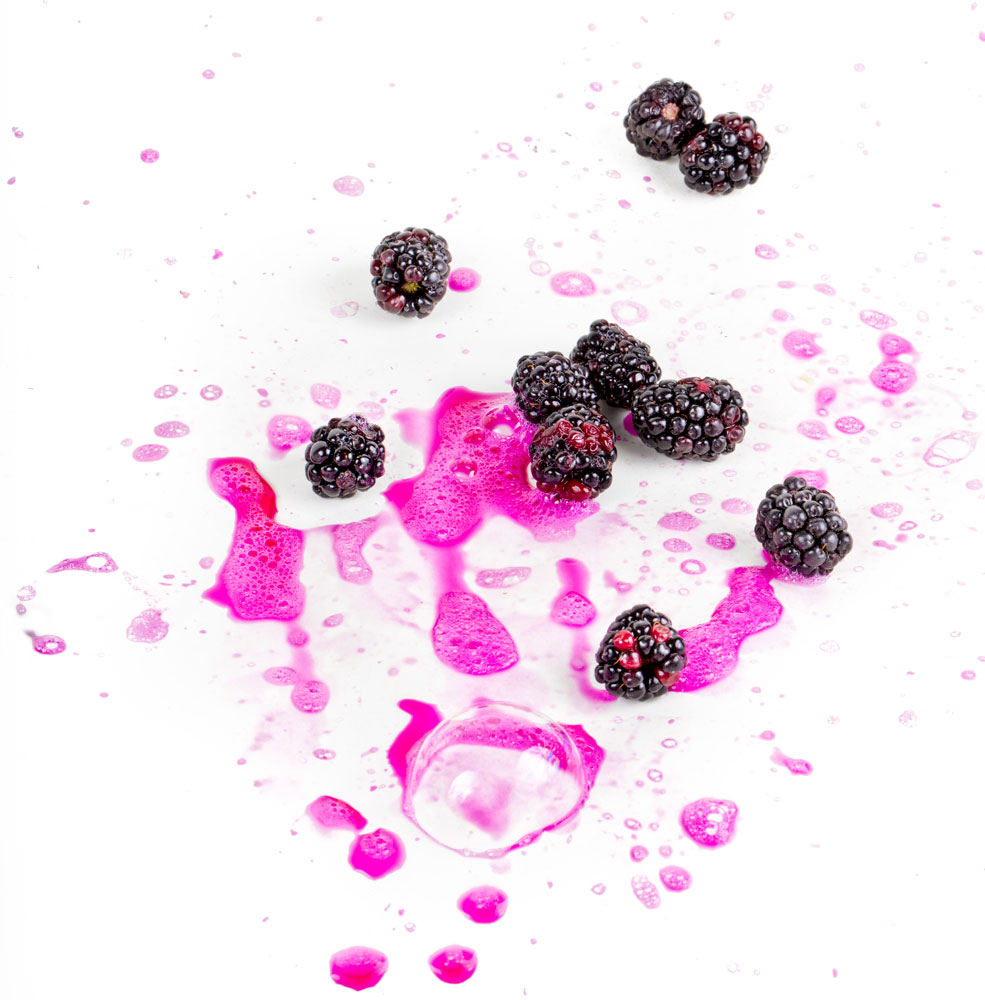
"People don't always realize anorexia and bulimia are classified as mental disorders," Gulenkina says. "We all experience dichotomy between physical and non-physical parts of ourselves, but for some, it's impossible to live with this gap. I wanted to show what the dark side of this striving for perfection looks like."
The Week
Escape your echo chamber. Get the facts behind the news, plus analysis from multiple perspectives.

Sign up for The Week's Free Newsletters
From our morning news briefing to a weekly Good News Newsletter, get the best of The Week delivered directly to your inbox.
From our morning news briefing to a weekly Good News Newsletter, get the best of The Week delivered directly to your inbox.
Originally, Gulenkina sought out patients in disordered eating treatment centers who were willing to have their portraits taken. But "these young women were so concerned with their appearances, to the point of hurting themselves, that photographing the way they looked felt as though it would perpetuate the cycle," she says.
So the photographer turned the story each girl had shared into a still life. Each image represents a specific girl and the compositions speak to her personal struggle.
"Emily, for example, was obsessed with wearing heavy makeup all the time," she says. "That's where the fake eyelashes came from. And to reduce her weight, she'd put parsley, which she hated, on everything."
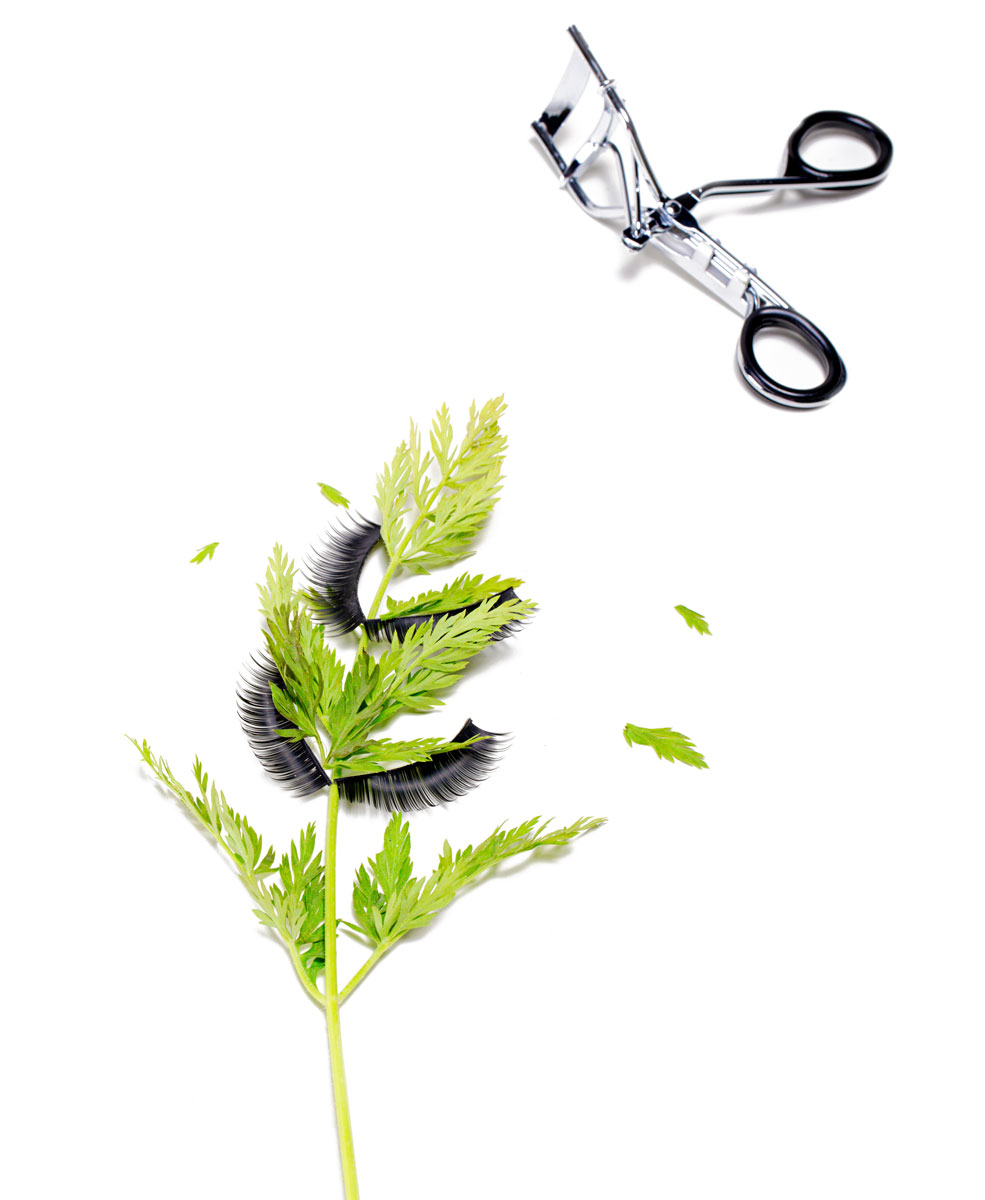

Other images signify the tricks the girls told Gulenkina they used to keep their caloric intake low, such as consuming airy substances like lettuce or celery. For those compositions, the photographer stuffed fruits with cotton balls.
A free daily email with the biggest news stories of the day – and the best features from TheWeek.com
Gulenkina strove to create messy — even grotesque — images, because she says the goal was to upend society's outlook on beauty.
"Anything that has to do with weight is often labeled as vanity," she says. "Look at Instagram, and you see thousands of pictures tagged with #thinspiration or #thighgap. Those conjour up images of glamorous fashion models, rather than the girls next door who are struggling with psychological issues."
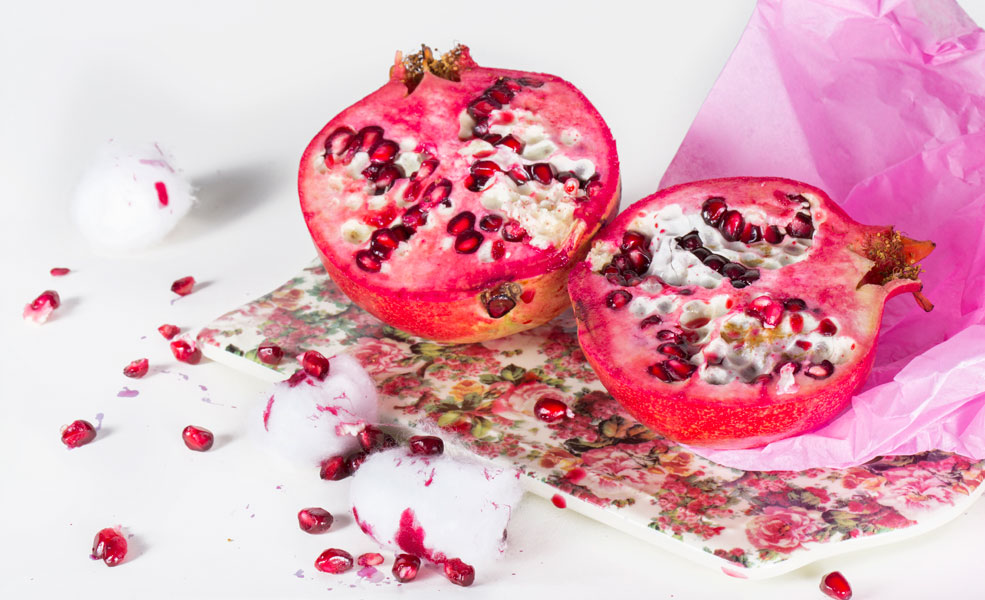
In her interviews, Gulenkina always asked, "Why do you do this?" And her subjects almost always responded, "I just want to be perfect."
There was a mental fear, manifesting physically, over the idea that these women weren't measuring up to the ideals with which they had been presented.
"So many judge [these diseases], but the girls' pain is very real," Gulenkina says. "So many are still uncomfortable with this topic, that what's often overlooked is the suffering."
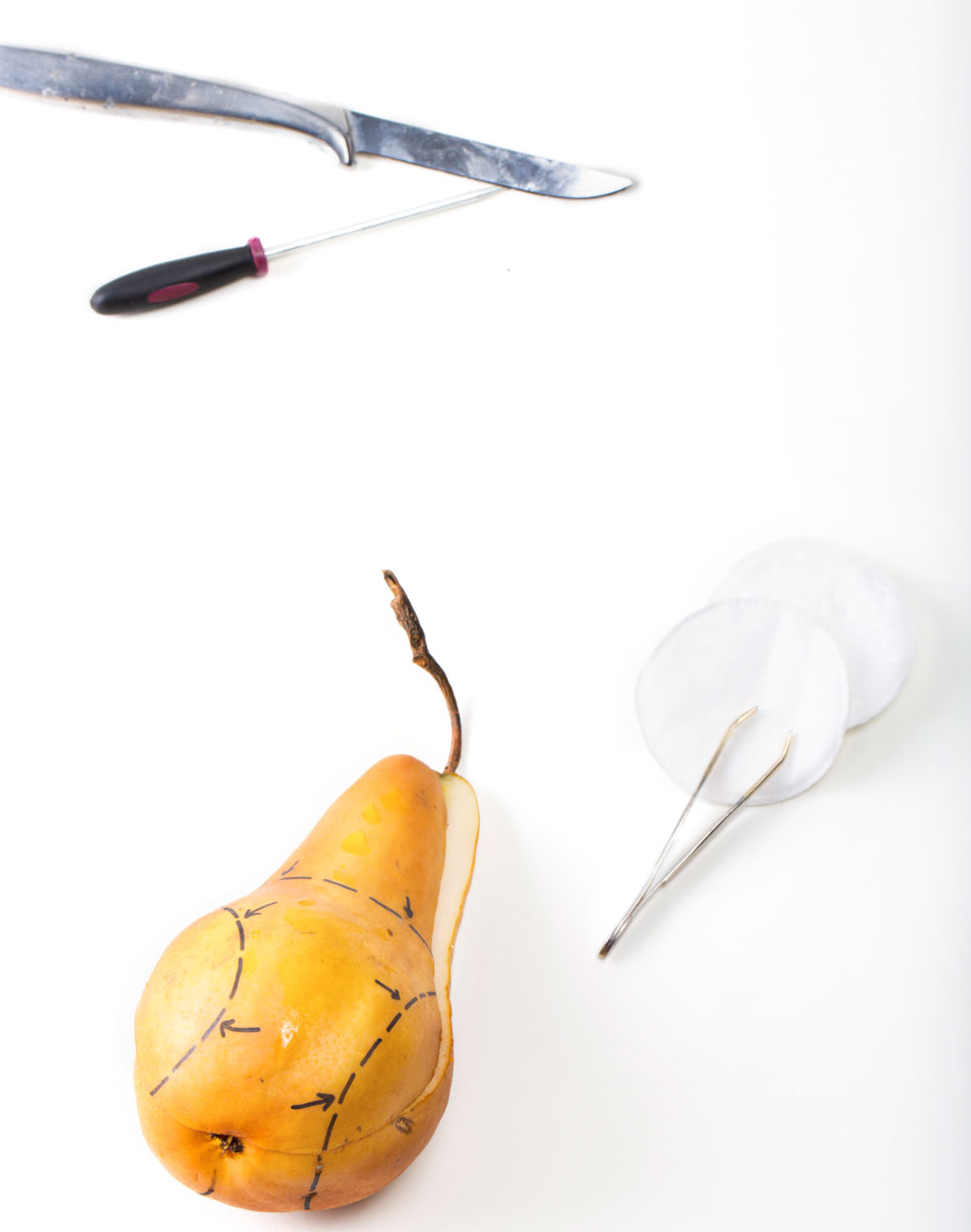
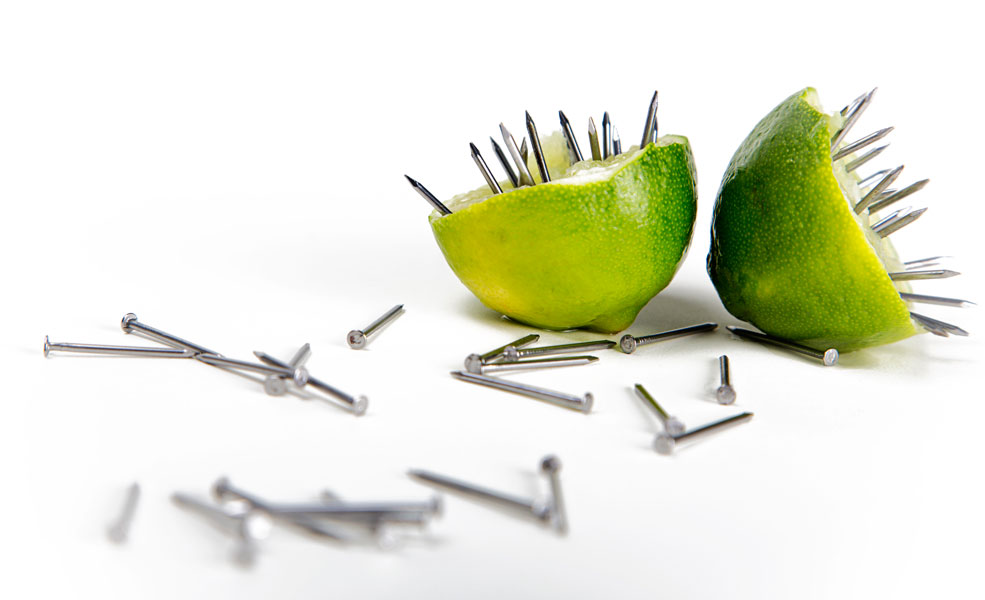
**To see more of Gulenkina's work, visit her website**
Sarah Eberspacher is an associate editor at TheWeek.com. She has previously worked as a sports reporter at The Livingston County Daily Press & Argus and The Arizona Republic. She graduated from Northwestern University's Medill School of Journalism.
-
 How the FCC’s ‘equal time’ rule works
How the FCC’s ‘equal time’ rule worksIn the Spotlight The law is at the heart of the Colbert-CBS conflict
-
 What is the endgame in the DHS shutdown?
What is the endgame in the DHS shutdown?Today’s Big Question Democrats want to rein in ICE’s immigration crackdown
-
 ‘Poor time management isn’t just an inconvenience’
‘Poor time management isn’t just an inconvenience’Instant Opinion Opinion, comment and editorials of the day
-
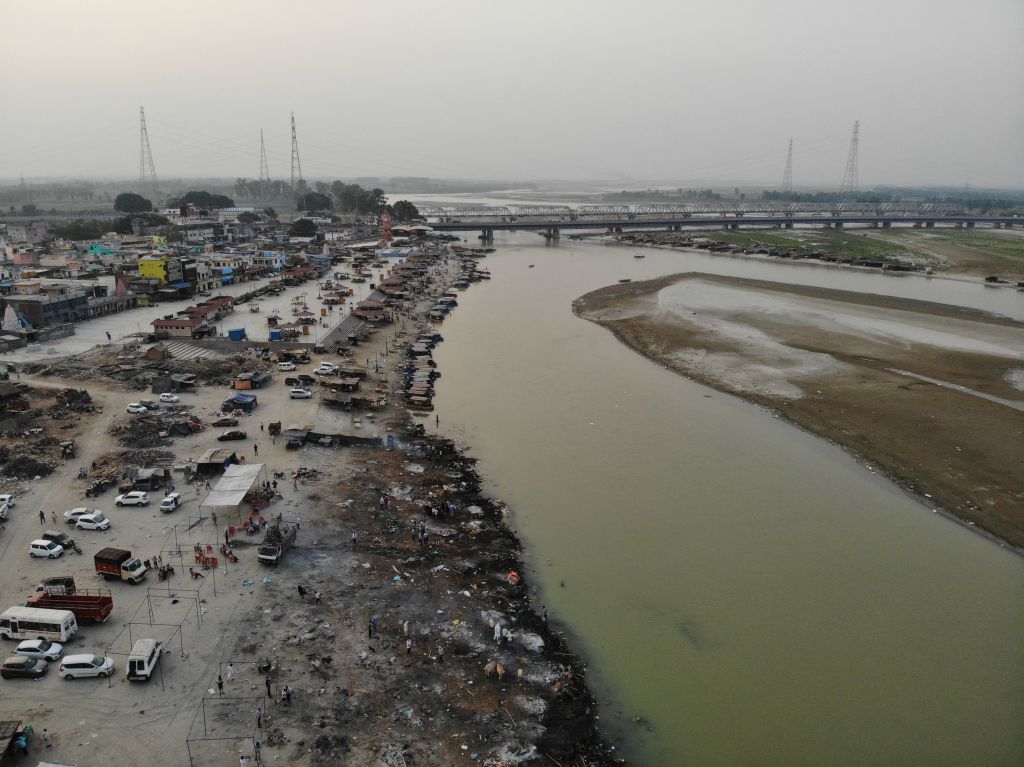 The bodies of suspected COVID-19 victims are turning up in Indian rivers
The bodies of suspected COVID-19 victims are turning up in Indian riversSpeed Read
-
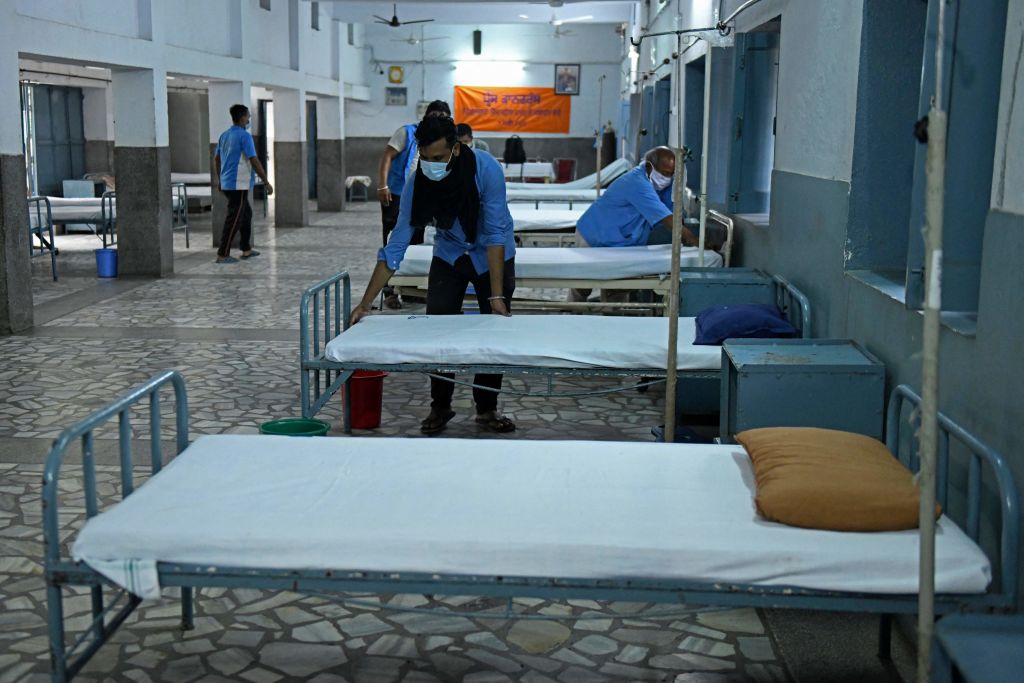 India records 4,000 COVID-19 deaths in a day for 1st time
India records 4,000 COVID-19 deaths in a day for 1st timeSpeed Read
-
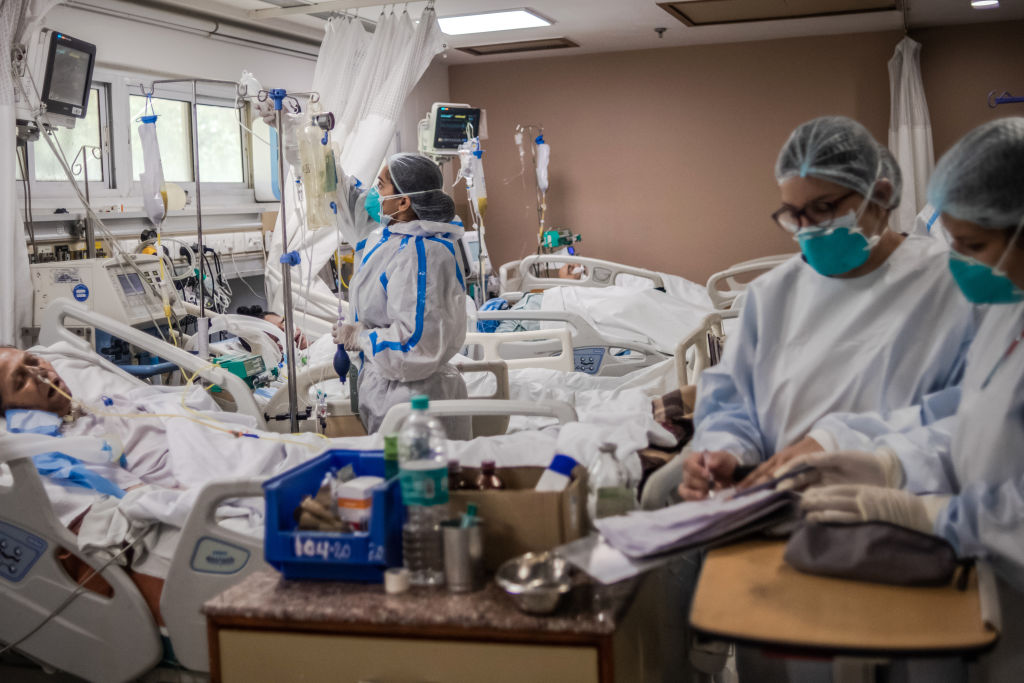 India hits new COVID-19 infection and fatality records as pressure grows for lockdowns
India hits new COVID-19 infection and fatality records as pressure grows for lockdownsSpeed Read
-
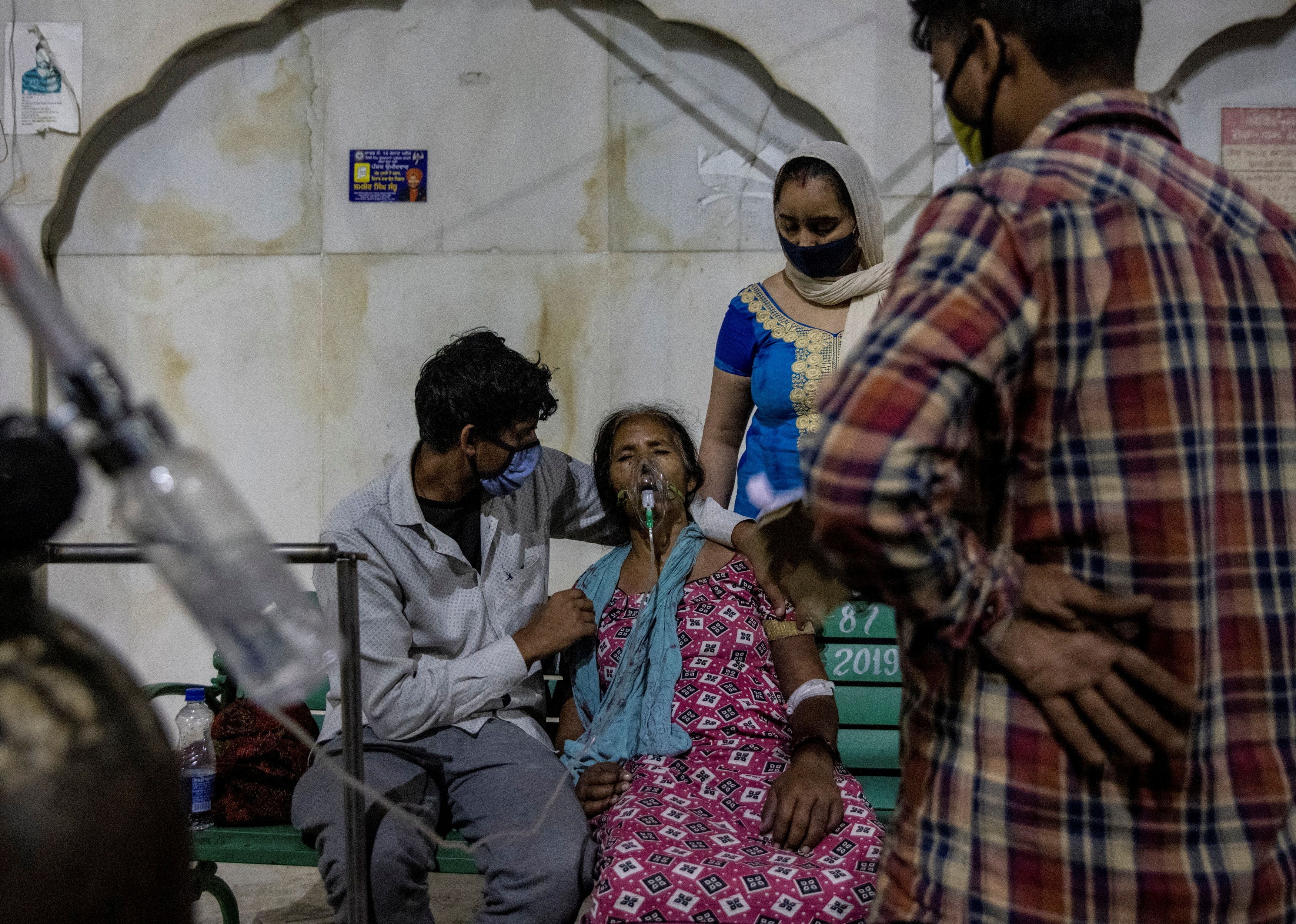 At least 10 people died after Indian hospital ran out of oxygen: 'Everyone was helpless'
At least 10 people died after Indian hospital ran out of oxygen: 'Everyone was helpless'Speed Read
-
 India sets a 5th straight COVID-19 infection record, as U.S. and other countries pledge help
India sets a 5th straight COVID-19 infection record, as U.S. and other countries pledge helpSpeed Read
-
 Fire at Iraqi hospital treating COVID-19 patients kills at least 82
Fire at Iraqi hospital treating COVID-19 patients kills at least 82Speed Read
-
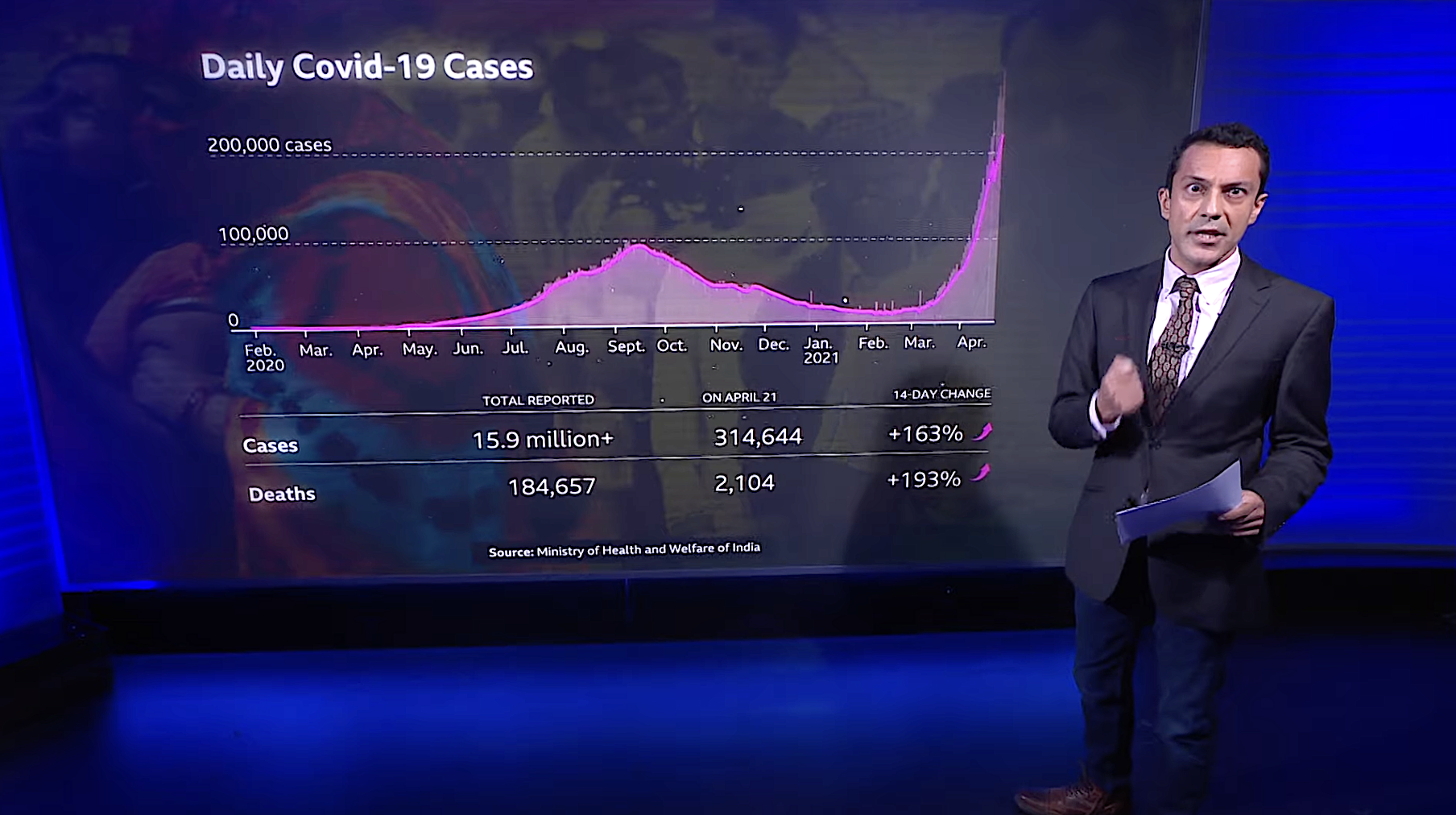 India is running dangerously low on oxygen as COVID-19 cases spike, and crematoriums can't meet demand
India is running dangerously low on oxygen as COVID-19 cases spike, and crematoriums can't meet demandSpeed Read
-
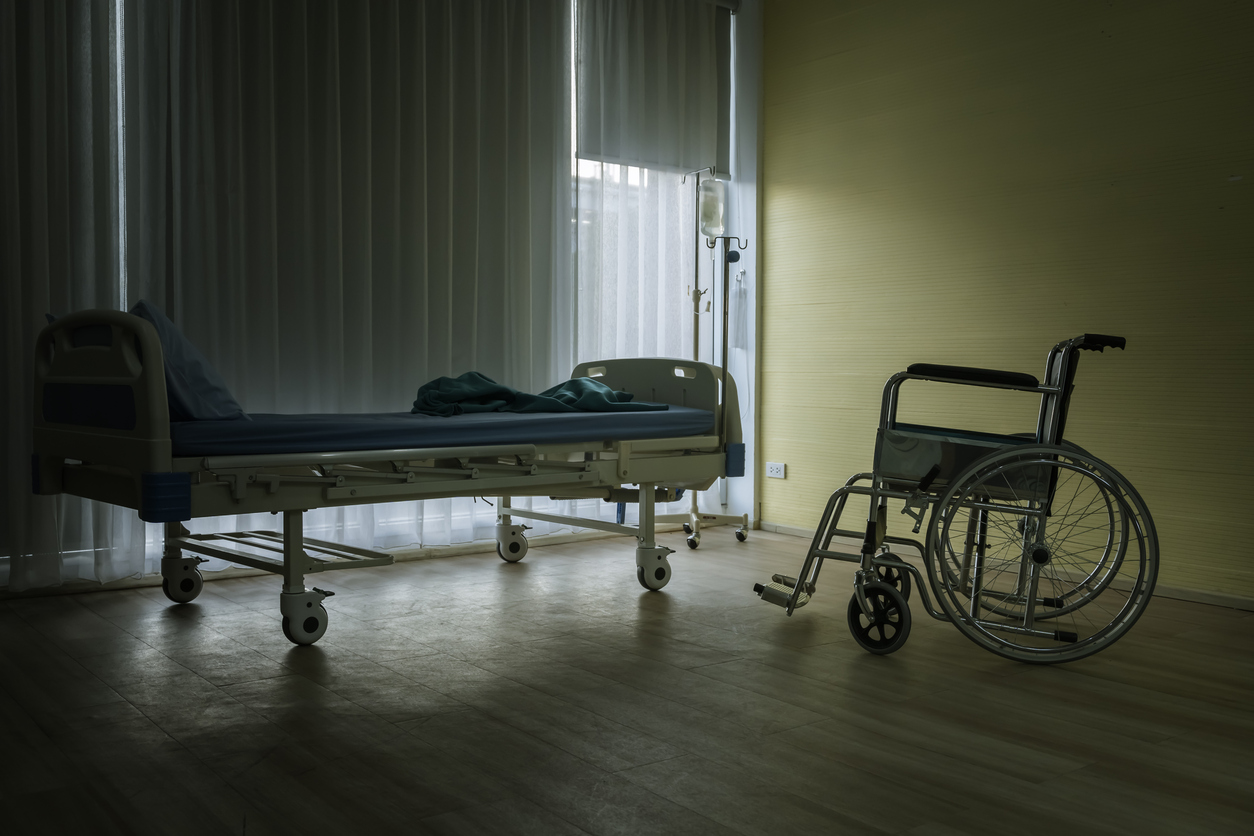 Why COVID-19 deaths were reportedly nearly as likely in 5-star nursing homes as 1-star facilities
Why COVID-19 deaths were reportedly nearly as likely in 5-star nursing homes as 1-star facilitiesSpeed Read
